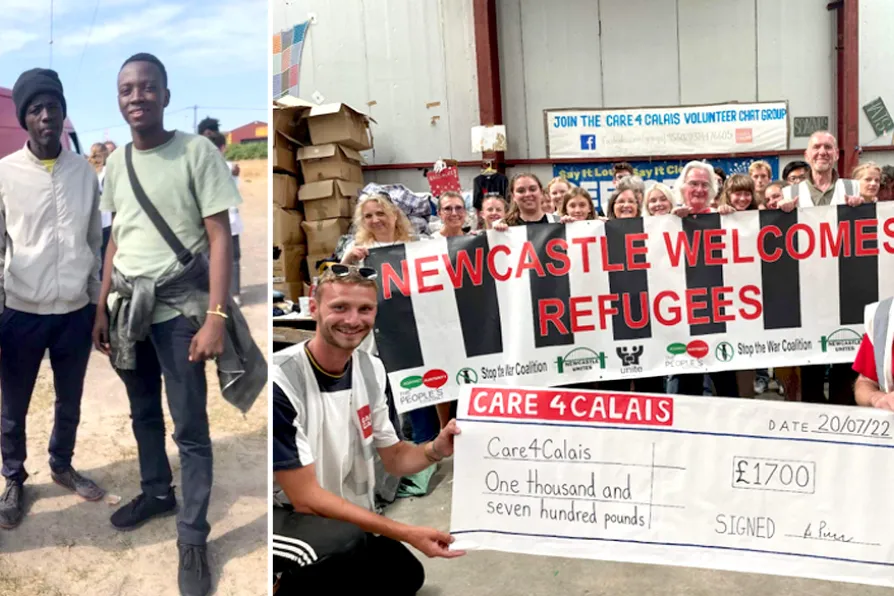As tens of thousands return to the streets for the first national Palestine march of 2026, this movement refuses to be sidelined or silenced, says PETER LEARY
FEEDING people is not a crime. Ensuring people have food and water and basic shelter is to be human. That is not politics, that is humanity.
In the heatwave last week at an unofficial refugee camp not far from where we were in Calais, friends told us the local police had punctured their communal water tank.
On that day there were two crop fires on the outskirts of town. In 40˚C heat, hotter for some friends than their homelands, with limited shelter, unable to get a drink, this was torture.


 Latest editorial
Latest editorial













